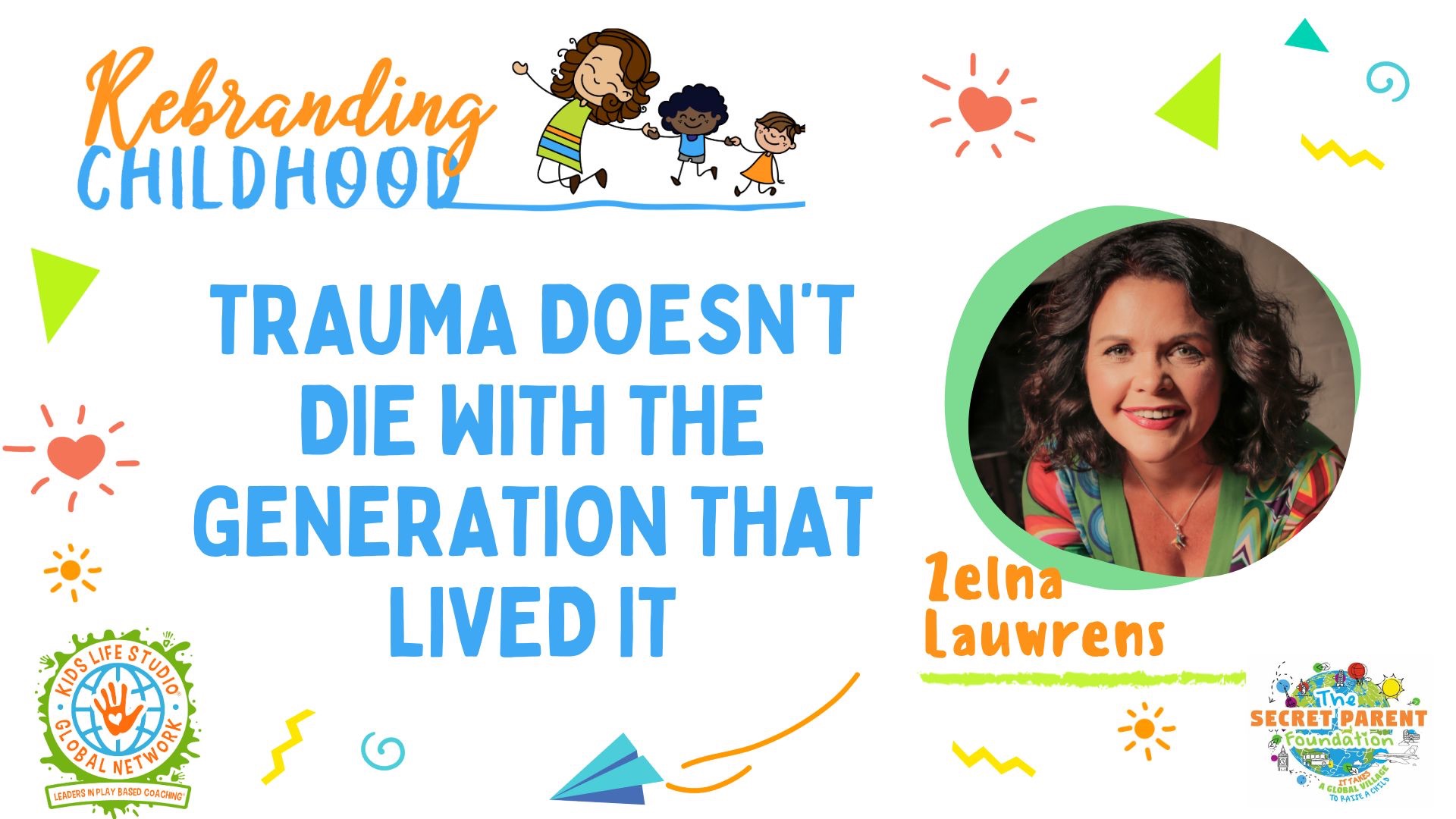Can Kids Life Coaching heal intergenerational trauma?

Today, South Africa marks Youth Day, a powerful moment of reflection and remembrance. On June 16, 1976, thousands of schoolchildren in Soweto marched against the apartheid regime’s attempt to force Afrikaans as the language of instruction in Black schools. Their protest was met with police brutality. Many were killed. Thousands were injured and a generation was traumatised.
That day became a turning point in South Africa’s history. And though I now live in England, and at the time was only two years old and living in South Africa—the legacy of 1976 still lives within me.
A Legacy I Inherited, and a Responsibility I Carry
I want to be clear: I am a white South African. My ability to live freely, to be educated, and now to do the work I do as a kids life coach was never under the kind of threat like those children from the Soweto Uprising faced. I didn’t grow up with the weight of systemic oppression on my shoulders the way they did. In fact, I benefited from the very structures they were protesting against.
That is exactly why this day matters so much to me and why I believe it should matter to all of us, regardless of our background.Youth Day is not just a day of remembrance. It’s a challenge to ask ourselves:
What are we doing with the privileges we've inherited?
To me, repairing the damage of the past should not just be symbolical but practical and with the aim of healing intergenerational trauma. Research shows that trauma doesn’t die with the generation that lived it; instead, it can be passed down through biological, psychological, and social pathways. Studies in epigenetics and psychology have demonstrated how the effects of trauma—such as those stemming from apartheid, slavery, colonisation, and war can influence the mental and physical health of subsequent generations
Trauma does not die with the generation who lived it! This is known as intergenerational trauma and it is still alive today in South Africa decades after apartheid officially ended. This isn't exclusive to South Africans, but to many of the children we work with, especially those from marginalised backgrounds, who still feel the ripple effects of violence, displacement, systemic racism, and exclusion.
That’s why my work and the work of the students I train as kids life coaches isn’t just about teaching emotional literacy or building resilience. It’s about creating safe spaces where children can process pain that may not even be their own. It’s about helping them build new stories, ones rooted in dignity, choice, and empowerment BUT it is NOT THERAPY...
Coaching as a Form of Quiet Activism
I often say that coaching children who have faced trauma through play may seem gentle but it’s deeply transformative. This is not the same as Play Therapy targeted at younger children. We take active steps to rewire the neural pathways in the brain using a structured and goal orientated approach that shapes a better future.
My Play Based Coaching system offers children what many generations before them didn’t get: a chance to explore their inner worlds safely. A chance to be fully seen, heard, and accepted.
When we help children find language for their feelings…When we coach them that they are allowed to take up space…When we model emotional safety and presence…We are contributing, in our own small but meaningful way, to the work of healing.
Honouring 1976 With Integrity
As a white South African now living in England, I don’t see Youth Day as a celebration of freedom that I earned. I see it as a sacred reminder of the sacrifice of others, especially Black South African youth, who gave their lives to demand a better world.
I see it as a call to use whatever skills, platform, and privilege I have to invest in building a future where every child—regardless of race, background, or circumstance—gets the chance to thrive.
To my fellow coaches, and those training or considering this work: Our work matters. Not just because it’s good or fulfilling but because it’s part of a deeper, necessary healing process that spans generations. Let’s remember the children of the 1976 Soweto uprising not as distant heroes in history books, but as one incredibly good reason we keep showing up for the children of today.
Their bravery wasn’t just for themselves. It was for all of us.
Now, it’s our turn to honour them with action.


